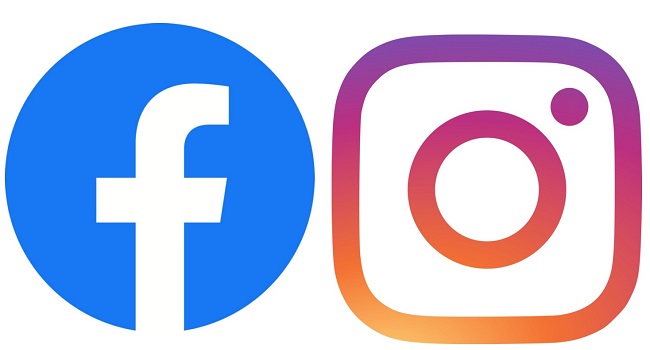Meta has announced the removal of 63,000 Instagram accounts associated with sextortion scams originating from Nigeria. This action follows a recent $220 million fine imposed on the company by Nigerian authorities.
The deleted accounts were part of a larger network that included 2,500 profiles managed by a group of 20 individuals. In addition to Instagram, Meta also removed approximately 1,300 Facebook accounts, 200 Facebook Pages, and 5,700 Facebook Groups from Nigeria for “providing tips for conducting scams.”
These sextortion operations involve scammers pretending to be individuals of the opposite sex, coercing victims into sending explicit images, and then threatening to release these images unless they receive monetary payments.
Meta’s statement highlighted that the scammers primarily targeted adult men in the US while using fake accounts to conceal their identities. The company attributed the scams to “Yahoo Boys,” a term used for internet fraudsters in Nigeria.
While the majority of victims were adults, minors have also been targeted. A Homeland Security Investigation reported 13,000 cases of financial sextortion involving 12,600 minors in the US from October 2021 to March 2023, with some cases leading to suicides.
The FBI has noted that such crimes are frequently perpetrated by individuals based outside the US, particularly from West African countries like Nigeria and Ivory Coast, as well as Southeast Asian nations such as the Philippines.
To combat these issues, Meta has introduced an AI-powered “nudity protection” feature in Instagram direct messages, aimed at safeguarding teenagers from similar exploitation. In April, two Nigerian men were arrested for attempting to extort an Australian teenager, who tragically took his own life after being threatened with the release of personal photos.
Meta is collaborating with law enforcement agencies to investigate and prosecute those involved in these criminal activities. The recent crackdown on scam accounts coincides with a hefty fine imposed by Nigeria’s Federal Competition and Consumer Protection Commission (FCCPC) for data protection and consumer rights violations on Facebook and WhatsApp.
